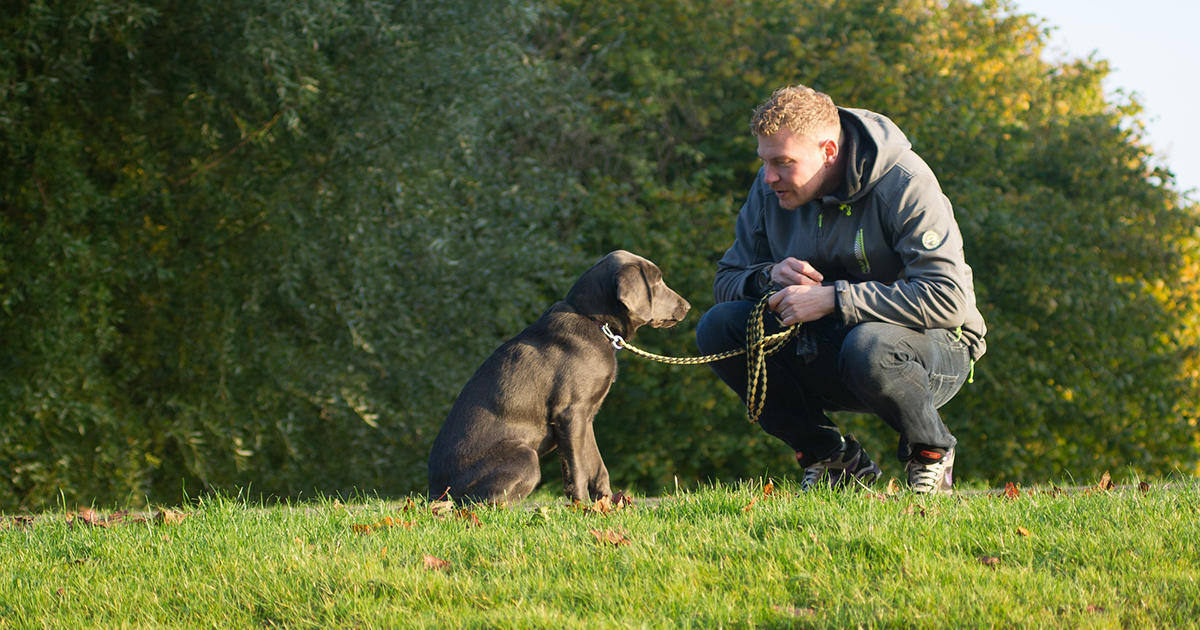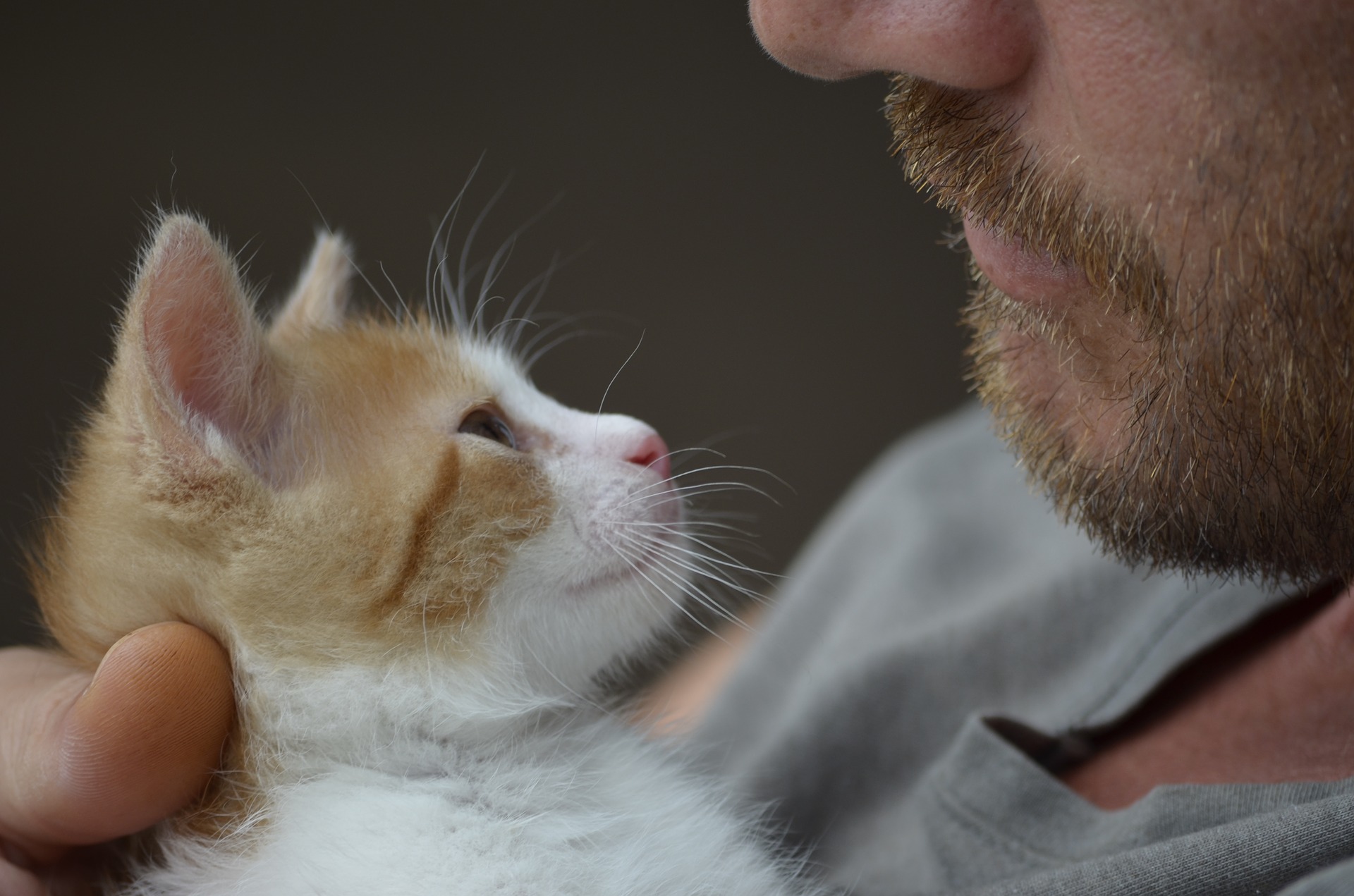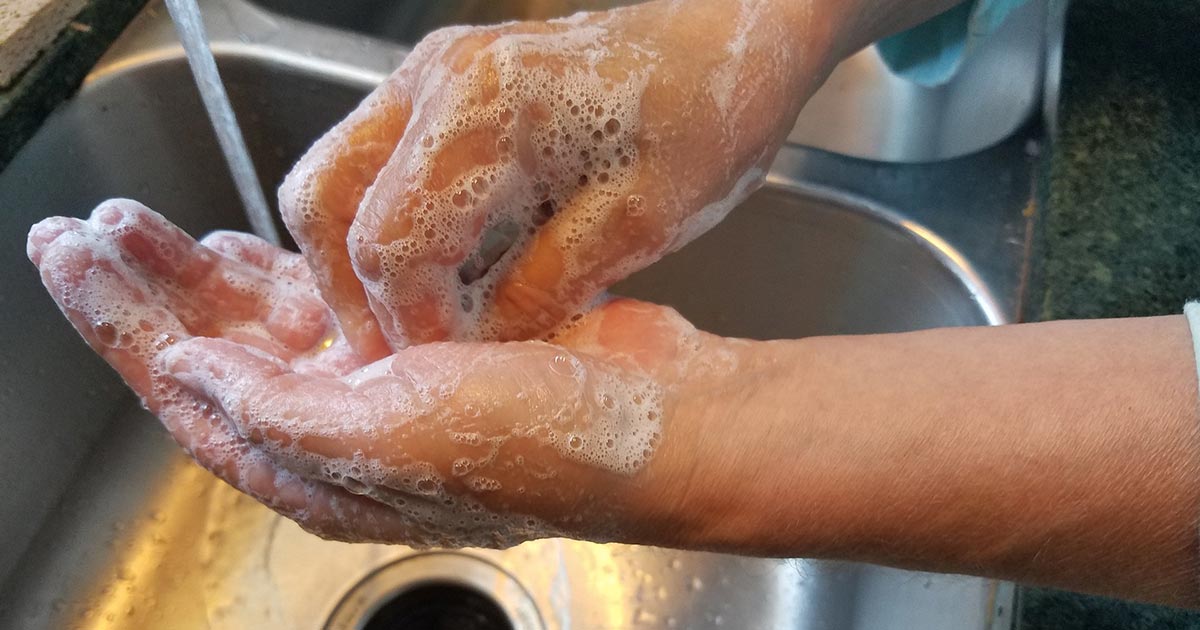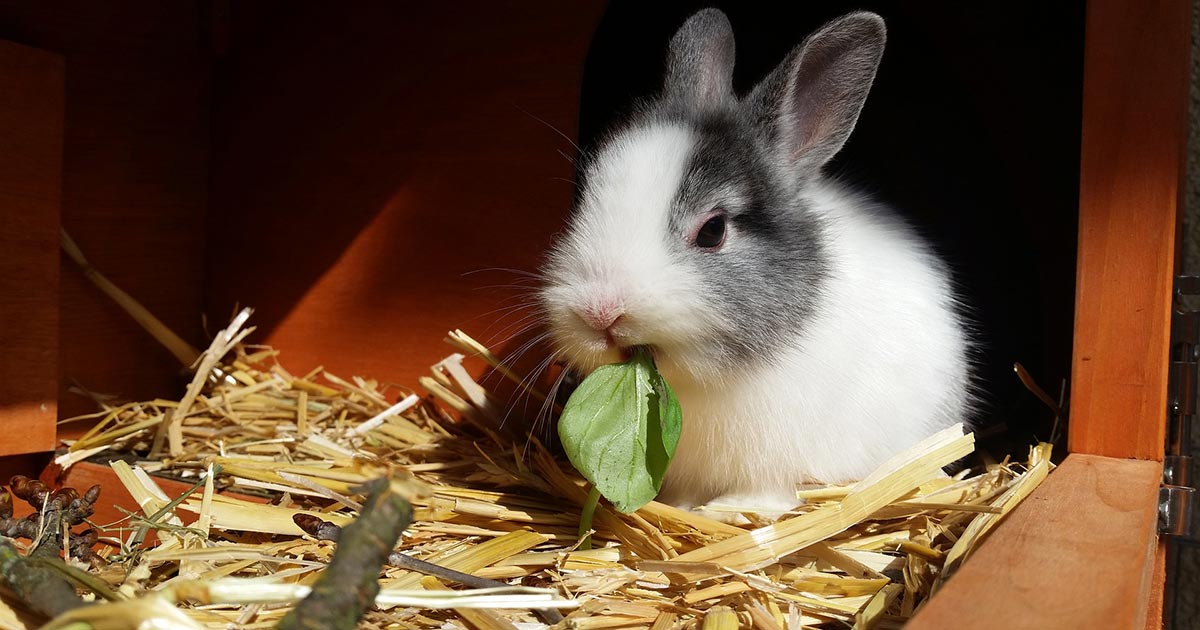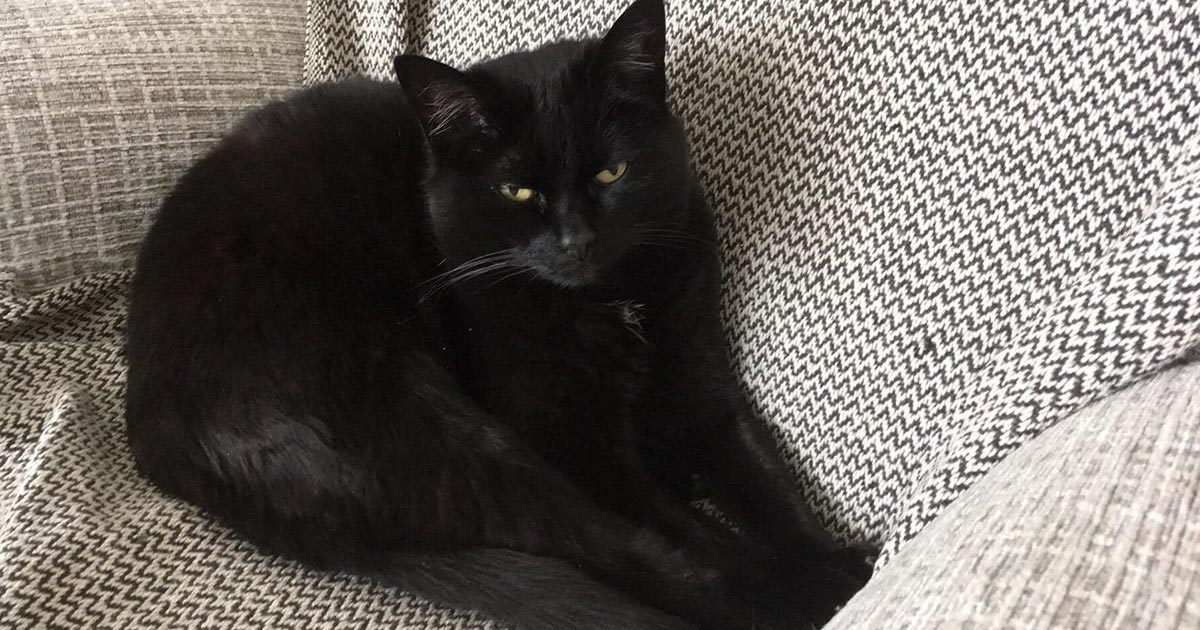I feel the phrase “the show must go on” is going to apply heavily to the student community over the coming months – vet students included.
Universities across the country are moving their teaching and examinations to an online platform, which means that for a lot of young academics, come rain or shine (or, it seems, the apocalypse), we will be working until the bitter end.
In other words, the pubs may be shut, but the textbooks are staying open.
Bitter pill
While it may seem cruel that the rest of life has to grind to a halt while studying and exams carry on (as someone who will shortly be spending her 21st birthday in lockdown, let me just say I know – trust me, I know), it’s especially important for professional courses to carry on as best they can.
As medical students we don’t only learn to pass our exams, but to better equip ourselves for a workplace where our decisions can be the difference between life and death.
I strongly commend the staff who’ve had to work tirelessly behind the scenes to reorchestrate an entire term of teaching in a matter of weeks to make sure our learning doesn’t have to suffer.
Analogue girl in a digital world
Not only are the staff having to adapt, but so are the students. As an analogue girl myself I really do fail my generation’s reputation for being “good at technology”, so I can tell you my own experience of moving to an entirely online learning platform has been… shall we say, interesting?
And while it is nice to have a timetable (and, therefore, a reason to remember what day it is, let alone the date), I thought I would share a few pearls of wisdom for making it through one of the weirdest periods of study any of us is probably ever going to experience – and that’s saying something as we stick our hands in some seriously weird places.
No. 1: Maintain boundaries between work and home
You know how some animals, like cats, have a special place for everything? A place to eat, sleep, wash, defecate etc, while naturally roaming animals such as the horse do not have this talent and will happily poo in their freshly made stall as the heart-broken yard worker looks on in anguish?
Well, for as long as this lockdown lark continues, do NOT be like the horse.
Designating different areas in which to work and unwind will not only give you a feeling of routine, but will also help you work hard and switch off when you need to. Just because you can literally wake up, roll over, do a day’s work and then go back to sleep, does not mean you should.
No. 2: Play to your strengths
One of the few silver linings to come out of the change in learning environments is that it puts you, the student, well and truly in the driver’s seat.
Studying has now become a lot more independent – and while this does mean you have to work to motivate yourself a little harder, it also gives you the power to work in the way that’s best for you.
Everyone learns differently, whether it’s visualisation, reading through articles or breaking up the work into lots of manageable chunks. Find which method works for you and own it.

No. 3: Use every resource at your disposal
Just because you’re learning from home now doesn’t mean the whole concept of “uni” has disappeared.
You can no longer talk to your lecturers in person, but, let’s be honest, that was quite intimidating anyway. If you have a question, drop your tutors an email; if you don’t understand the new system and need some help, email or phone up your admin team. They may take a little longer to reply than usual, but you are not alone.
With this in mind, if you’re a person who works best in groups, who said FaceTime had to be all fun and games? Virtual study groups can be a great reason to put on actual clothes, brush your hair and work that little bit harder on your assignments.
No. 4: It’s okay not to be okay
Now, this is the most important one, so I’ll say it again for those at the back: It. Is. Okay. Not To. Be. Okay.
Never in the history of civilised society have we experienced anything exactly like this before. It is confusing, lonely and scary at times, and having to study and revise on top of it all can seem like an impossible task.
If you are struggling, please talk to someone; if you know someone who you think might struggle right now, please reach out to them. The veterinary community has a reputation for appalling mental health, and it is more important than ever before to look out for one another.
If you’re having a low day, it’s okay to take it slow to focus on yourself and start feeling okay again. Draw something, write something, buy yourself that dress you’ve been ogling for the past three months.
Or, if you just feel like curling up on the sofa and watching the entire Lord of The Rings trilogy (the extended editions), back to back, with a litre of ice cream and your favourite onesie… that’s okay, too.

